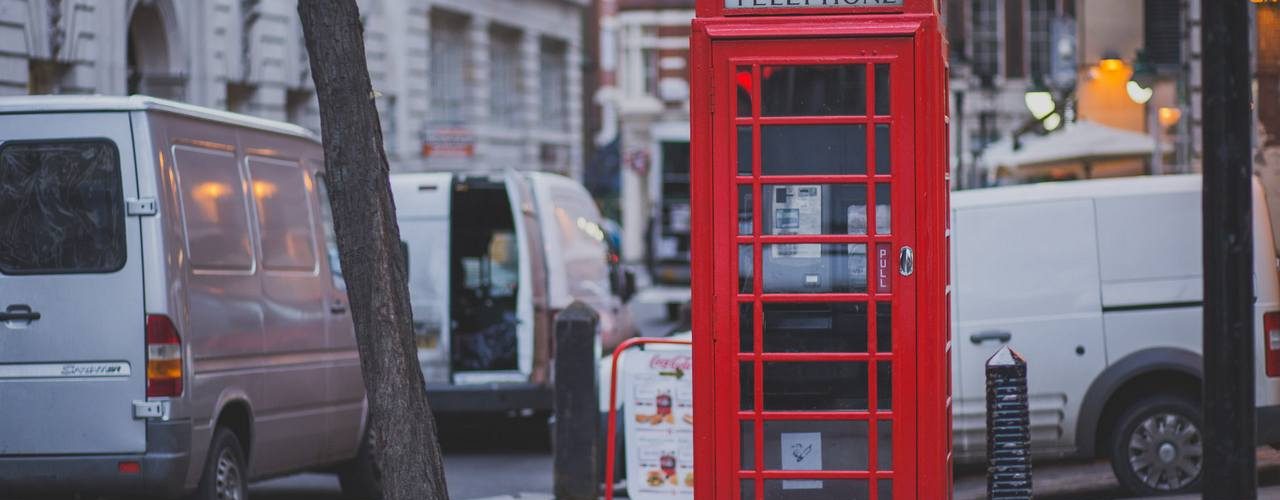- The UK plans to introduce a Carbon Border Adjustment Mechanism by January 1, 2027
- The mechanism will require importers of certain carbon-intensive goods to pay a levy if these goods come from countries with lower or no carbon pricing
- The UK CBAM will cover goods from sectors like aluminium, cement, fertiliser, hydrogen, iron, and steel, similar to the EU’s CBAM but excluding electricity imports
- Products from the glass and ceramics sectors might be added to the UK CBAM in the future
- CBAM charges will be based on direct and indirect emissions from production, as well as emissions from certain precursor products
- Small importers with less than £50,000 in imports over 12 months will be exempt, aiming to include 99% of emissions while excluding 80% of small businesses
- The CBAM will function as a levy with rates set quarterly, influenced by UK ETS prices and other factors
- All emissions must be independently verified, and importers can reduce CBAM charges by proving payment of carbon prices abroad
Source: dentons.com
Note that this post was (partially) written with the help of AI. It is always useful to review the original source material, and where needed to obtain (local) advice from a specialist.















